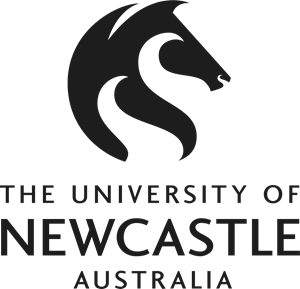
Bachelor of Podiatric Medicine
The University of Newcastle, Callaghan
Study Abroad
IELTS
Sign in
Sign Up


The University of Newcastle, Callaghan

Bachelor of Podiatric Medicine
The University of Newcastle, Callaghan
It is a top-ranked institution in the world
Degree
Undergraduate
Duration
48
Course Type
With Co-op
Co-op education gives you real-world experience in a job related to your studies.
INR
22.96L
USD 27011
1st Year Tuition Fees
Opening Soon
Opening Soon
Opening Soon
Opening Soon